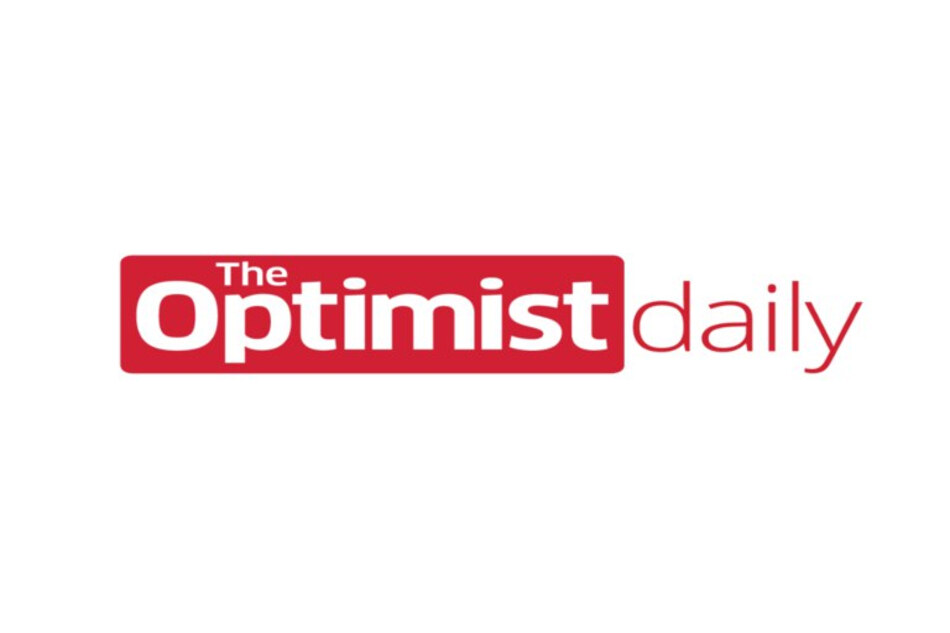According to a survey of participants published last Wednesday, the majority of the companies taking part in a four-day workweek pilot program in Britain stated they experienced no productivity loss throughout the experiment—and, that in some cases, productivity was improved.
According to Jack Kellam, a researcher at Autonomy, a think tank that is one of the trial’s organizers, more than 3,300 employees in Britain’s banking, marketing, health care, financial services, retail, hospitality, and other industries are participating in the trial, making it one of the most expansive studies to date.
Out of the 41 employers that responded to the survey, 35 said they were “likely” or “very likely” to continue the four-day workweek once the six-month trial, which gives employees at 73 companies a paid day off weekly, ends in late November. Of the 41 organizations, all but two said that productivity was either the same as before or had increased. Surprisingly, six businesses said that productivity had greatly increased.
The concept of the four-day workweek has been around for some time now; In 1956, then-Vice President of the United States Richard M. Nixon said that the shorter workweek would become commonplace in the “not too distant future.” However, the rise of remote and hybrid labor due to the coronavirus epidemic gives rise to questions regarding other areas of employment. Are we working five days out of the week because it’s the better option, or are we simply used to it?
Joe O’Connor, the chief executive of 4 Day Week Global, a nonprofit organization that is conducting the study with a think tank and academics from Cambridge University, Boston College, and Oxford University, said: “If you look at the impact of the pandemic on the workplace, often we were too focused on the location of work… remote and hybrid can bring many benefits, but it doesn’t address burnout and overwork.”
Some business owners included in the study claimed that the four-day workweek had allowed staff members more time for hobbies, cooking, family time, and exercise, improving their overall health and boosting their energy and productivity while on the job. That said, some critics express concern about increased expenses and decreased competitiveness, especially since many European businesses lag behind competitors in other countries.
According to Mark Roderick, the managing director and co-owner of a 40-person engineering and industrial supplies company, it’s too soon to judge if the shorter workweek had affected productivity or the company’s bottom line.
Overall, however, the results he sees are positive: the extra day off was welcomed by staff, and the business’ customers haven’t noticed any differences in the quality of service.
Other nations, largely in the private sector, are also doing experiments comparable to the one carried out in Britain, including the United States, Canada, Ireland, New Zealand, and Australia. Officials discovered that workers in a trial in Gothenburg, Sweden, did the same amount of work or even more.











